-
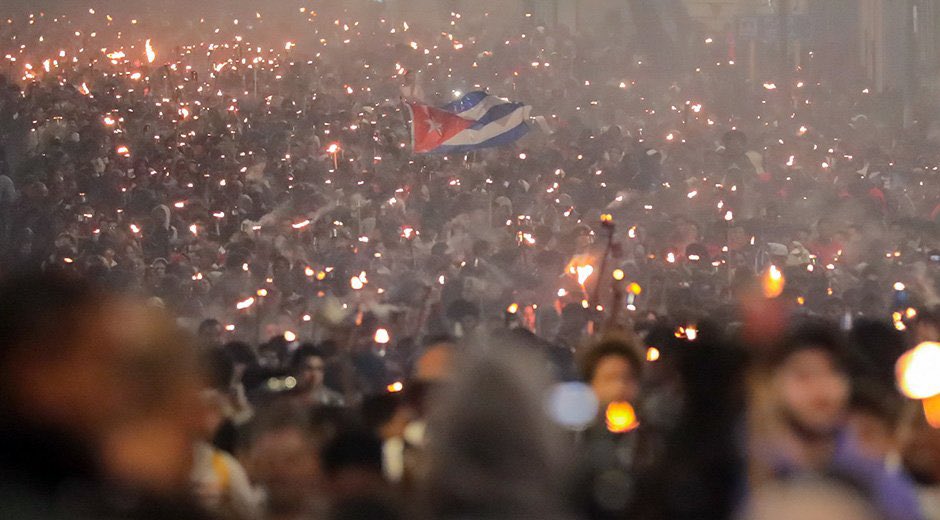
CONDEMNATION OF THE UNITED STATES’ BLOCKADE OF FUEL SUPPLIES TO THE PEOPLE OF CUBA
The Canadian Network on Cuba condemns in the strongest possible terms the imposition by the United States of a total blockade on fuel supplies to Cuba. This reprehensible, illegal, and immoral action constitutes a direct and blatant attack on the Cuban people and is an escalation of decades of economic asphyxiation and sabotage. US sanctions…
-

Petition to the Government of Canada: HANDS OFF VENEZUELA! HANDS OFF CUBA!
Whereas: We, the undersigned, citizens and residents of Canada, call upon the Government of Canada to: 1. Publicly condemn U.S. aggressions as violations of international law; 2. Refuse to participate in, support, or legitimize military, economic, or political aggressions against Venezuela and other countries; 3. Reaffirm and actively support the Caribbean as a Zone of Peace, free from…
-
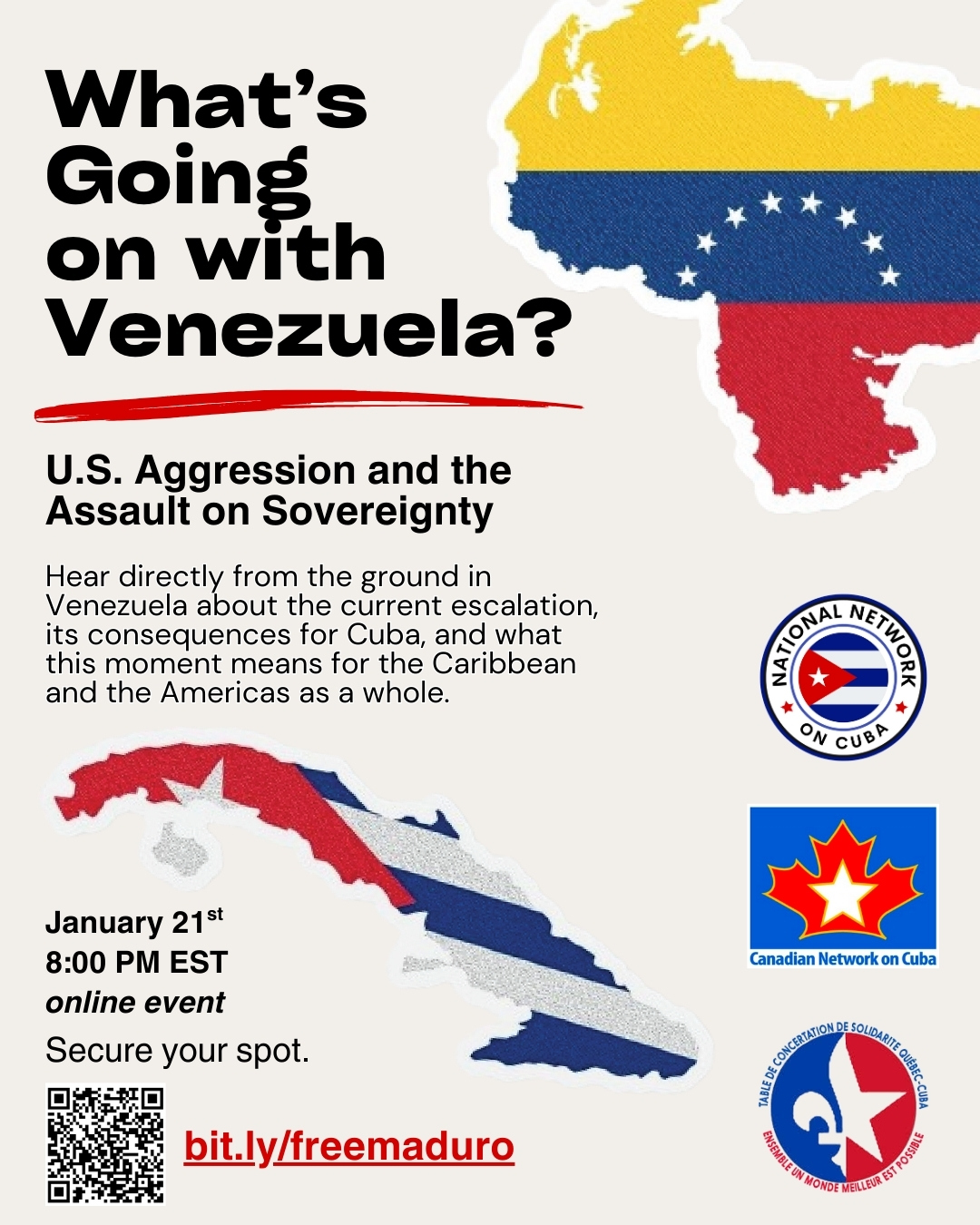
Webinar: what’s going in with venezuela
The Canadian Network on Cuba, along with La Table de Concertacion de Solidarité Québec-Cuba and the National Network on Cuba, will be hosting an important webinar, “What’s Going on with Venezuela?” on Wednesday, January 21st at 8pm EST. Register for the webinar here.
-
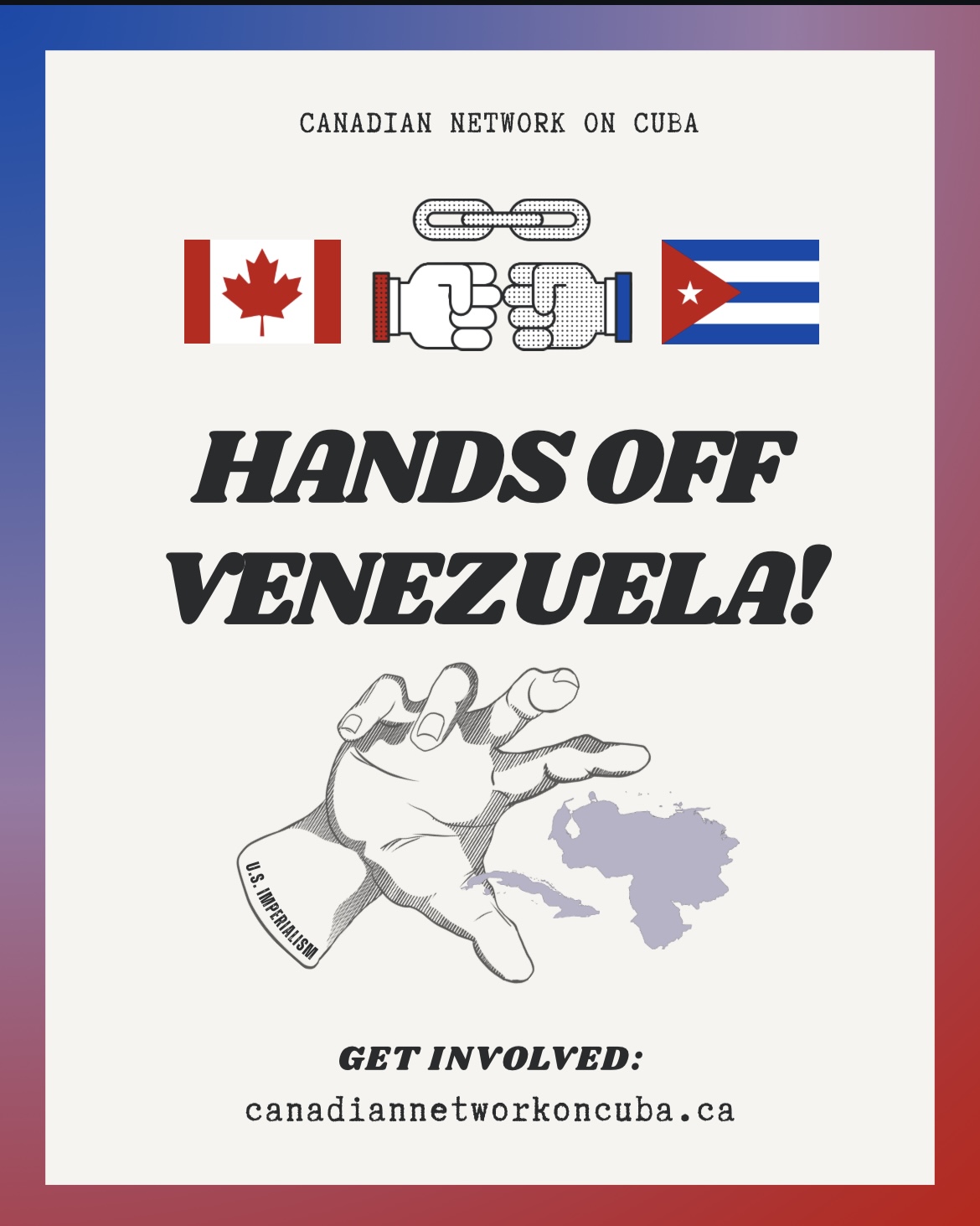
TELL YOUR MP: HANDS OFF VENEZUELA!
The Canadian Network on Cuba calls on all peace-loving and justice seeking people to oppose the United States’ flagrant assault on the rights of the Venezuelan people and the wider region, and to resist the dangerous normalization of imperial war, resource plunder, and “might-makes right” geopolitics. Write to your representatives today and tell them to…
-
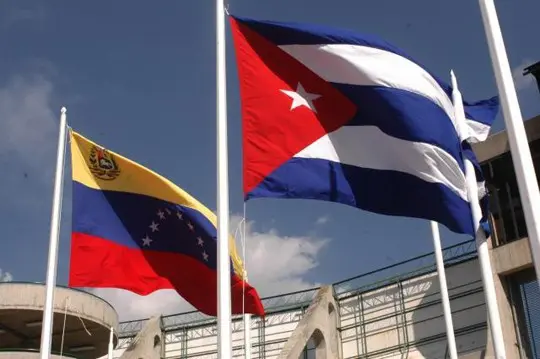
No to Imperial Aggression! No to Might Makes-Right! Condemn U.S. Aggression Against Venezuela!
The Canadian Network on Cuba unequivocally condemns and rejects the United States’ kidnapping of President Maduro and U.S. military attacks on Venezuelan civilians. It constitutes a blatant violation of international law, national sovereignty, freedom of navigation, and the fundamental principles of peace and self-determination. We demand that the Government of Canada publicly and unequivocally condemn…
-
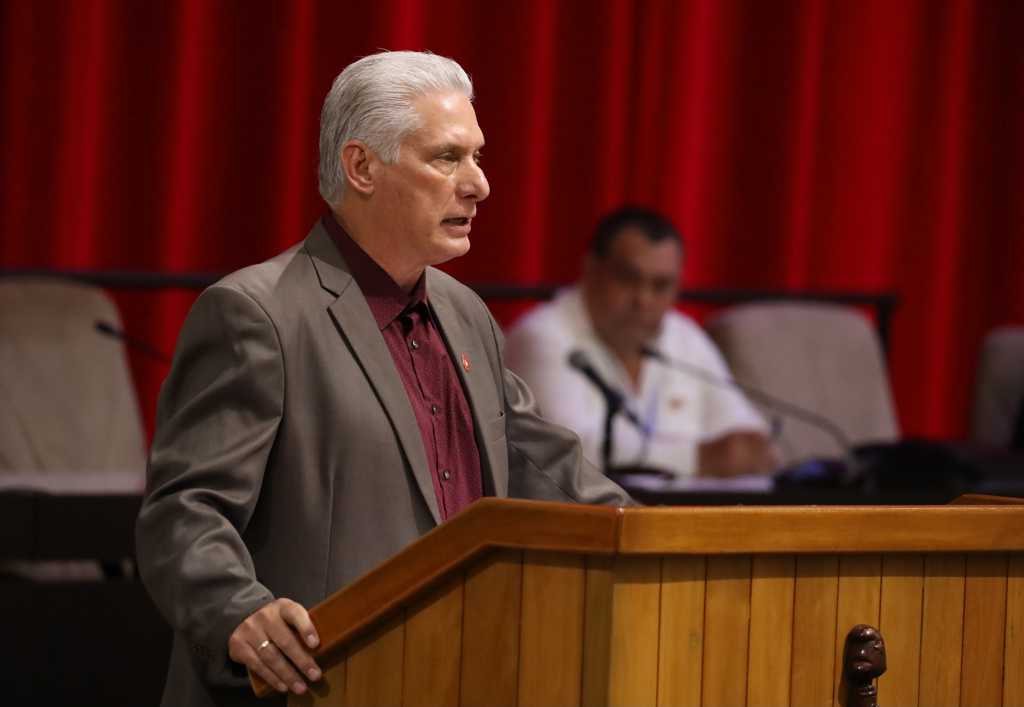
Cuban President Miguel Díaz-Canel’s Address at the Closing of the National Assembly of People’s Power
Address at the Closing of the Sixth Ordinary Session of the National Assembly of People’s Power in its Tenth Legislature Speech delivered by Miguel Mario Díaz-Canel Bermúdez, First Secretary of the Central Committee of the Communist Party of Cuba and President of the Republic, at the closing of the Sixth Ordinary Session of the National…
-
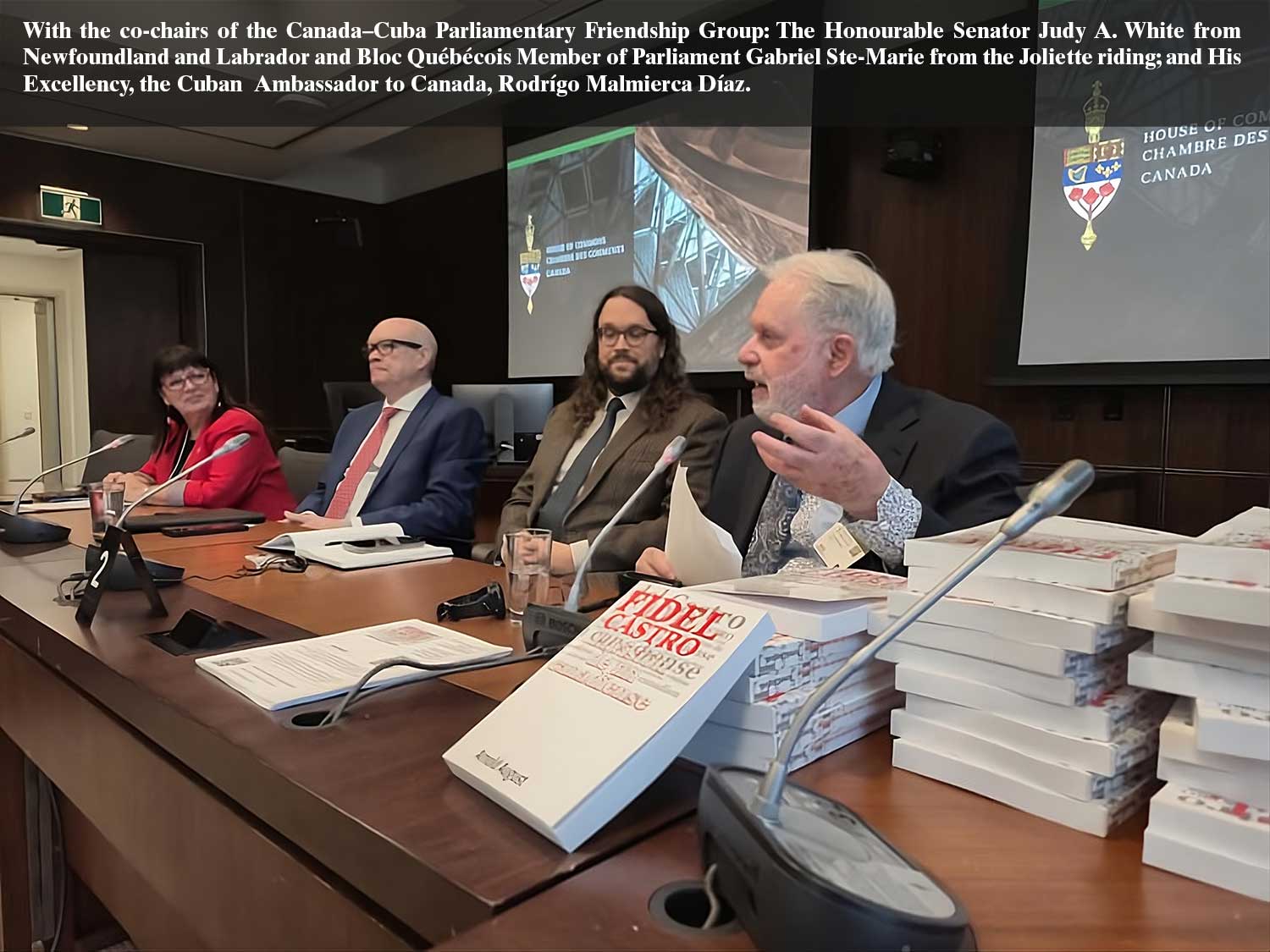
Canada–Cuba relations: a multi-partisan legacy
On the occasion of the 80th anniversary of uninterrupted diplomatic relations between Canada and Cuba, address by Arnold August, along with the presentation of his book Fidel Castro: la visión de un canadiense, delivered at the Parliament of Canada in Ottawa on December 3, 2025, at a meeting hosted by the Canada–Cuba Parliamentary Friendship Group.…
-

Condemn U.S. Seizure of Venezuelan Oil Tanker: Escalation, Illegality, and Imperial Domination
CNC STATEMENT: Condemn U.S. Seizure of Venezuelan Oil Tanker: Escalation, Illegality, and Imperial Domination The United States’ seizure of a Venezuelan oil tanker off the country’s own coastline represents a profound and deeply troubling escalation in Washington’s ongoing campaign of economic warfare, political destabilization, and open aggression against the sovereign nations of Venezuela and Cuba.…
-
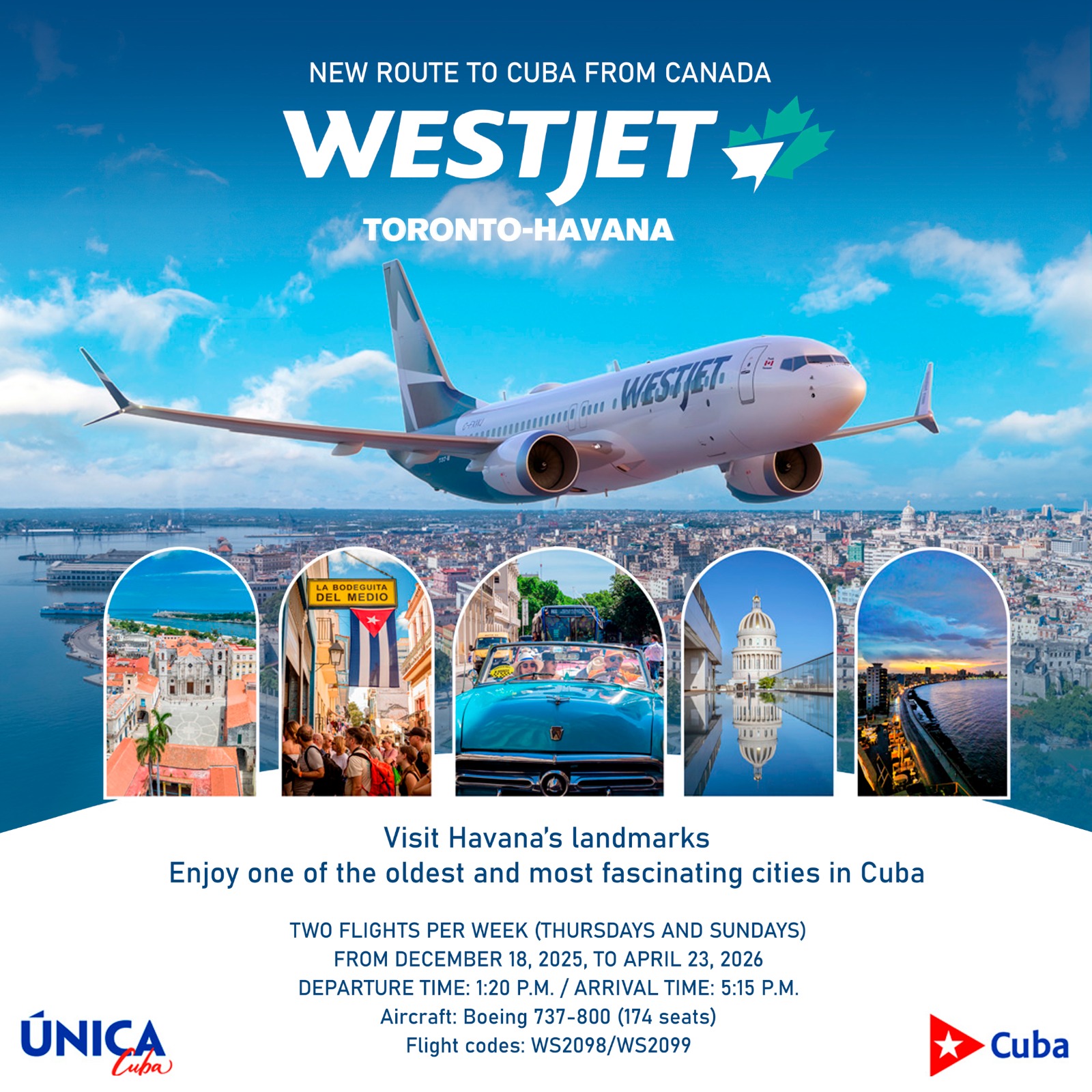
Fly to havana from toronto!
The Cuba Tourist Board has announced that WestJet is inaugurating its route Toronto (YYZ) – Havana (HAV) starting on December 18th, with two weekly flights every Thursday and Sunday. Now’s your chance to book a winter get away in beautiful Cuba! For more info, visit https://gocuba.ca/
-

Refuting CBC’s Allegations: Cuba’s International Workers and the Ethics of Collective Contribution
Recent reports from CBC News have revived long-standing and misleading allegations that the Cuban government “confiscates” the wages of Cuban professionals working abroad — this time targeting Cuban specialists employed in Canada through joint ventures such as those between Cuba’s state nickel company and Sherritt International. These claims—largely based on anonymous testimonies and ideologically biased…
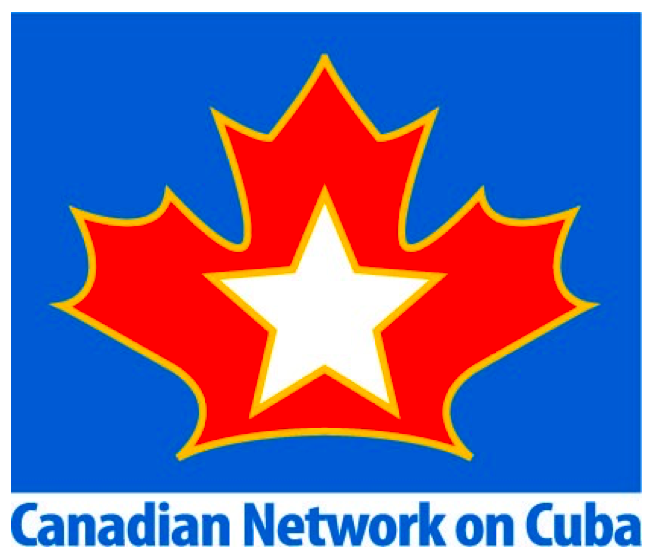
Canadian Network on Cuba
Working in Friendship & Solidarity with Cuba
cncexec@canadiannetworkoncuba.ca
